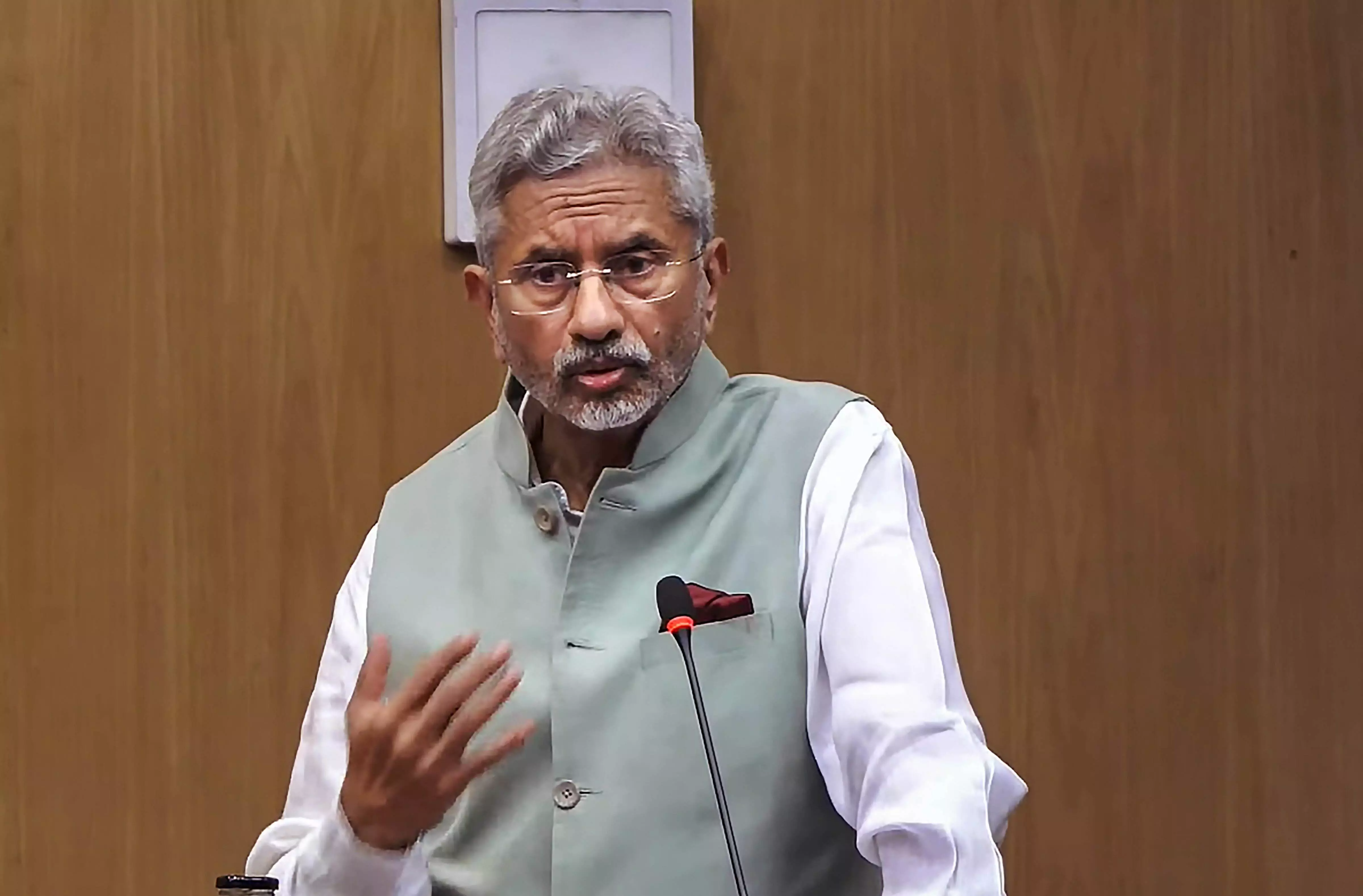UN Security Council, an old club with set of members who don't want to be questioned: EAM Jaishankar

Bengaluru: Expressing his displeasure over India not getting permanent membership in the UN Security Council, External Affairs Minister S Jaishankar on Sunday said the UN Security Council is like an old club with a set (of) members who do not want to let go of their grip and not keen to have their practices questioned.
He also said that the countries in the world want reform of the UN because it is not fair if "You don't want to change the original promoters of the business.".
"The UN Security Council is like an old club where there are a set (of) members who don't want to let go of the grip. They want to keep control over the club and not keen to admit more members and are not keen to have their practices questioned," Jaishankar said during an interaction after a lecture on the topic A decade of change', organised by the Rotary Institute.
Replying to a question on when India will get a permanent seat in the UN Security Council, Jaishankar said, "In a way it's a human failing, but I think today it is harming the world because of the key issues confronting the world and the UN getting less and less effective."
Speaking about global sentiment, he said the nations in the world are keen on reforms in the UN.
"If you ask the 200 countries of the world that do you want reform or you don't want reform? They will say yes, we want reform because that was invented at a time when the membership of the UN was about 50 countries. Imagine a business which has grown four times. Yet you don't want to change the original promoter of the business. It's not fair," the minister said.
He said there is a realisation that India should be a permanent member of the UN.
"I think there is a realisation of that. I am sure it will happen. We will keep at it but I do believe that history is on our side in that regard," he added.
Regarding the future of BRICS, Jaishankar said it will grow and gain influence as six more members will join next time.
"I think it will grow. It will gain influence and members because we have agreed to expand the BRICS by six more the next time we meet," he said.
Explaining the reason behind its possible growth, he said the world is a diverse place where there are about 200 countries and many cultures.
"What has happened over a period of time is that the domination of some countries and some cultures is tended to suppress others. Not everybody got the due say, the due weight, the due role, and what BRICS tried to do was Hey look. We are there. The world cannot be run by seven countries, which are from one part of the continent or two of them'," the minister said.
According to him, BRICS, in a way, is a message of diversity, a message of independence, the natural expression of cultures, economies and politics of the world.
"I think history in that sense would go in that direction and I think BRICS will go a long way," he added.
The grouping took shape in September 2006 and it originally comprised Brazil, Russia, India and China (BRIC). It was renamed as BRICS after South Africa was accepted as a full member in September 2010.



